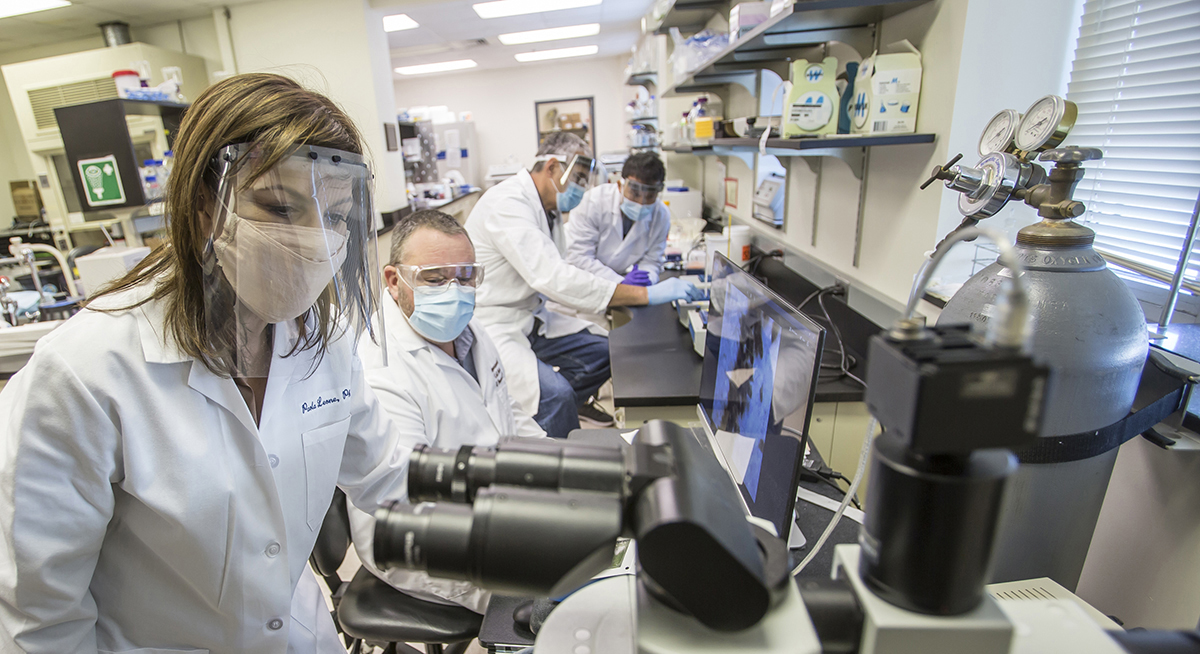
Focused on discovery
With a culture driven to constantly improve and learn, we are raising the bar for excellence in health care through innovation and discovery. Our institutes are focused on critical areas of concern and on seeking new ways to make an immediate and substantial impact on health.
Our newest Rowan-Virtua institutes
Institute for Health Equity
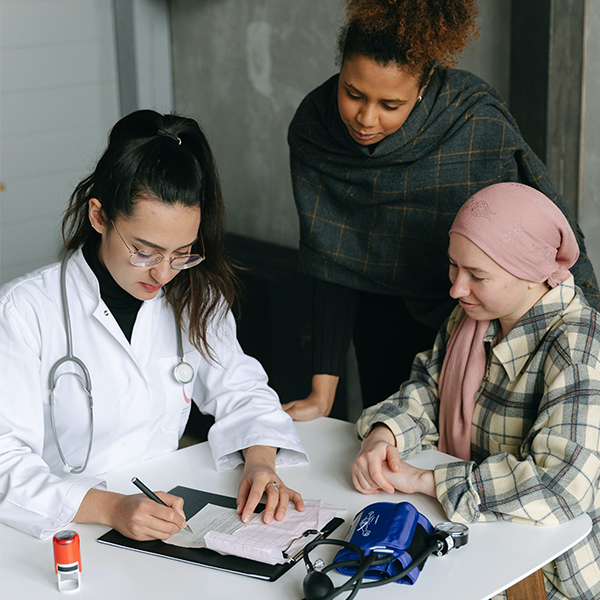 Health isn’t simply a matter of personal choices. Health is also determined by the world around us: where we are born, grow up, live, learn and work. Our social conditions, or determinants, play a critical role in our ability to access healthy food, safe housing, education and high quality health care.
Health isn’t simply a matter of personal choices. Health is also determined by the world around us: where we are born, grow up, live, learn and work. Our social conditions, or determinants, play a critical role in our ability to access healthy food, safe housing, education and high quality health care.
Health equity is achieved when all people have the opportunity to live their best, healthiest lives. Achieving health equity is possible only with singular, determined effort.
The Rowan-Virtua Institute for Health Equity is dedicated to identifying and eliminating barriers to health care and transforming the everyday delivery of primary care. Together with physicians, our researchers are mining data to better understand why some groups face health disparities or statistically higher odds of poor health outcomes and early death. In targeting new solutions, our researchers are taking on population and geospatial health, addiction and pain management, food insecurity, transportation inequities, the digital divide, and uneven access to care and mistrust in the medical community.
Cardiovascular Institute
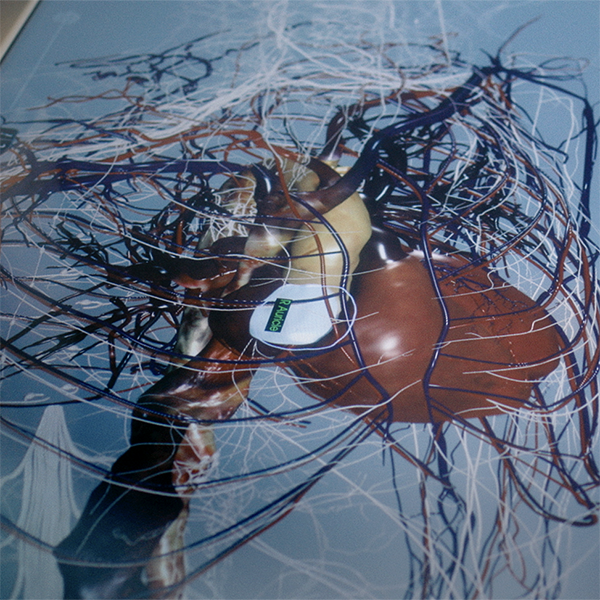 Long strides in biomedical research have led to massive declines in death rates due to heart and vascular disease in recent decades. Even so, heart disease remains the leading cause of death for adults in the United States.
Long strides in biomedical research have led to massive declines in death rates due to heart and vascular disease in recent decades. Even so, heart disease remains the leading cause of death for adults in the United States.
The Rowan-Virtua Cardiovascular Institute is dedicated to studying cardiovascular disease and finding better treatments and preventative measures for heart attack, heart failure, stroke, and congenital heart disease. Our research focuses on structural and interventional cardiology, new drug and device clinical trials, minimally invasive surgery, novel biomaterials, stem cell therapies and cardiovascular regenerative medicine, advanced devices, and tools utilizing machine learning and artificial intelligence.
Institute for Regenerative Medicine and Transplantation
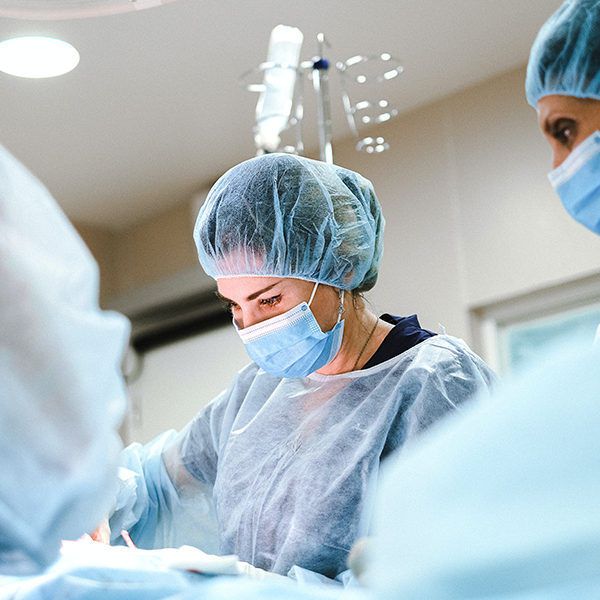 As medicine, donation processes and techniques have improved, organ transplants have increased exponentially in recent decades, extending lives and restoring function for tens of thousands of people in the United States each year.
As medicine, donation processes and techniques have improved, organ transplants have increased exponentially in recent decades, extending lives and restoring function for tens of thousands of people in the United States each year.
While short-term outcomes have improved significantly, much work remains to be done in order to further extend the life-saving benefits of organ transplantation. Meanwhile, exciting new research at the cellular level is pushing the boundaries of what is possible. With new bioactive materials and further understanding of cell biology and interactions, regenerative medicine can replace and promote healing of injured, diseased or dysfunctional tissue or organs.
The Rowan-Virtua institute is focused on cell and organ transplantation, cell, tissue and organ engineering, gene therapy, neuroregeneration and degeneration, biomaterials science and engineering, drug delivery, immunology and stem cell biology.
Our established institutes and centers

Child Abuse Research and Education Service Institute
An international leader in the study of child abuse and prevention, the CARES Institute provides help and compassion—and ultimately, hope—for children who have experienced abuse, neglect or other traumatic experiences.
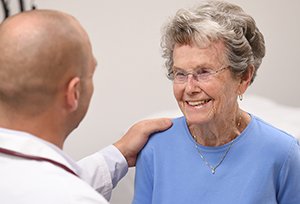
New Jersey Institute for Successful Aging
Nationally recognized for excellence in research and health care for older people, NJISA is also a leader in geriatric education, community service and public policy.
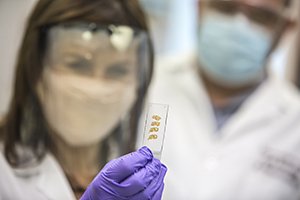
Cell and Gene Therapy Center
With support from federal, state and private funding, the Cell and Gene Therapy Center research focuses on neurological diseases that can be treated using the latest gene transfer technologies and cell transplantation methods.

NeuroMusculoskeletal Institute
The NeuroMusculoskeletal Institute evaluates and treats acute and chronic pain with a wide array of therapies that are matched to a patient's needs. NMI services target diseases of the neuromuscular system, while treating the whole patient.
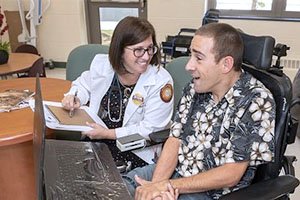
Regional Integrated Special Needs Center
South Jersey's first primary care practice for adolescents and adults with special needs offers primary care, behavioral health and preventative services for special needs patients with complex medical conditions and developmental disabilities, as well as their families.